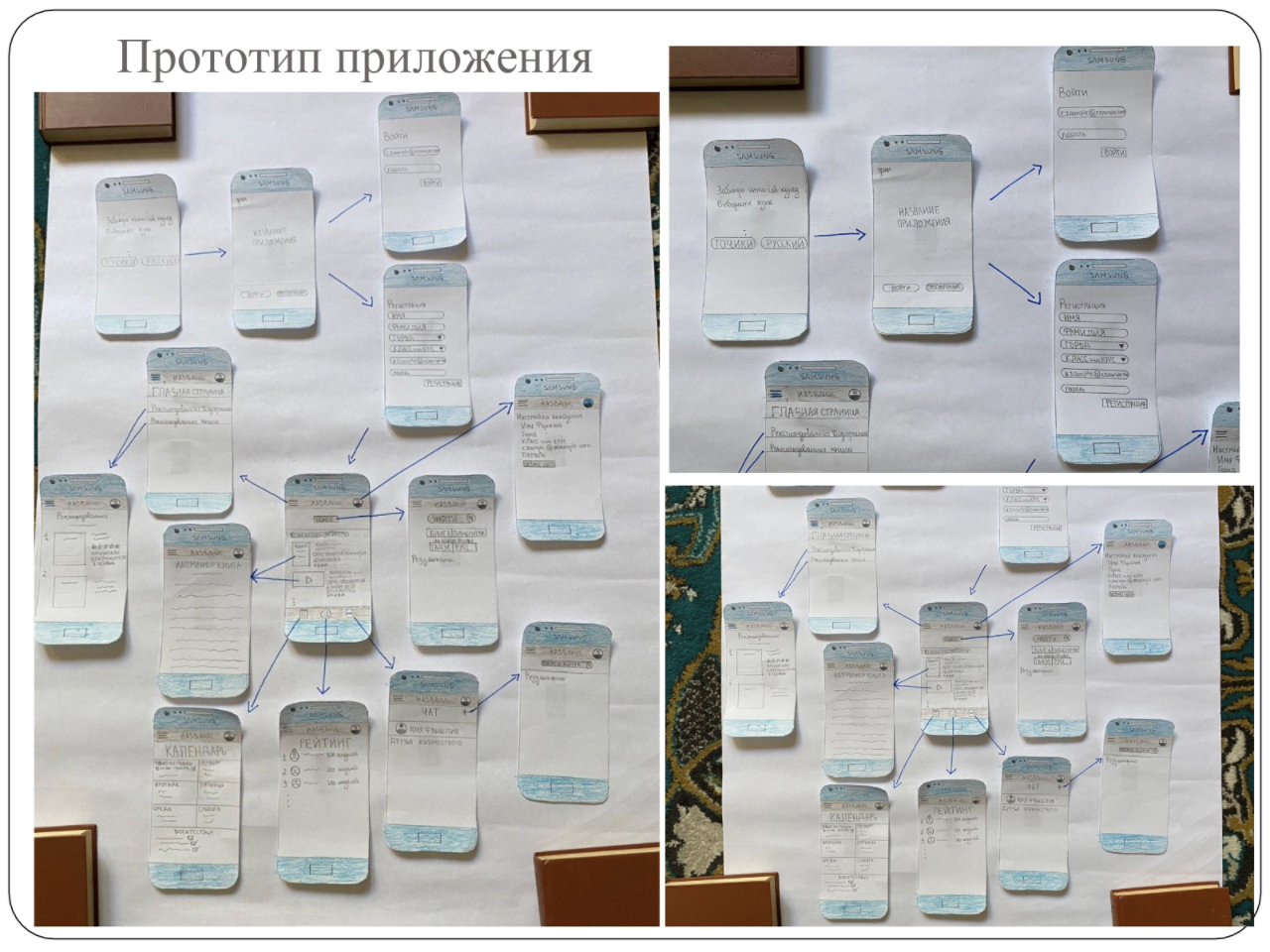Pioneering Digital Access to Adolescence Skills in Rural Tajikistan
Problem
Lack of competency-based learning is a key educational challenge in Tajikistan. Vital characteristic of this challenge is placement of instructor at the core and student at the periphery, with students following ‘one-size-fits-all’ education model - especially in rural areas. Hence, widespread lack of core modern competencies (critical & creative thinking, problem solving, leadership, etc.) is present among the youth. This comes at a time when the World Economic Forum has placed these competencies at the top of most important skills needed to productively succeed in the global economy by 2025.
Solution
NGO TajRupt - jointly with Tajikistan’s Ministry of Education and Science (MoES) and UNICEF - launched an initiative that endowed over 3800 high school students with core adolescent competencies - from critical thinking to leadership - across 17 schools in rural districts. Our curricular intervention was based on a multi-stakeholder approach involving education of school officials and teachers in assisting their students on learning and applying modern competencies through extracurricular delivery.
COVID-19 Adaptation
Advent of the COVID-19 pandemic left more than 2 million students out of school across Tajikistan, worsening educational outcomes and placing a hold on our intervention. Utilizing design thinking methodology, we conducted user-centric interviews with dozens of stakeholders - from students to parents and school officials - to proactively adapt our project. Research results demonstrated that students in rural areas have limited access to digital connectivity and no prior experience with online education. In addition, a substantial divide along gender and inclusivity dimensions was detected. Advent of COVID-19 led us to adopt a combination of online and offline formats to deliver the curriculum via social media tools (Viber & imo).
Track 1
Digitization of Adolescent Competency Framework through online trainings enabled rural student leaders to design and implement social impact projects in their schools despite the pandemic.
159
students
designed and executed social impact projects, enhancing core competencies while impacting their school communities.
53
social impact Projects
ranging from designing a local greenhouse and launching a small business of selling organic produce, to installation of a sustainable waste recycling system, were launched in rural areas.
3800+
local residents have been positively impacted
through the implementation of student-led projects - from formulating a cheaper alternative sanitizer chemical for poor students to access hygiene products, to improving academic performance of students, local residents have been positively.
Track 2
Launching an Impactathon Challenge focused on ideating solutions to digital gender divide and education - an issue that is widespread within the 17 pilot schools of Sughd Region
113
participants
across 7 countries participated in teams and completed Stanford University’s design thinking methodology within 72 hours. The primary aim was to incentivize active adolescents to ideate and prototype solutions to challenges faced by the youth in rural areas.
49
projects
tackling educational inequities in rural areas - particularly across gender and inclusivity dimensions - were ideated. As a result, over 400 user-centric interviews with rural stakeholders (students, parents, teachers, school officials, etc.) were conducted by Impactathon’s participants.
3
winning teams
Currently, the teams are collaborating with tajrupt.ai’s venture incubator and conducting experiments to test their product hypotheses - from an online educational platform with reduced size content for rural students, to virtual educational services for students with disabilities.







































































